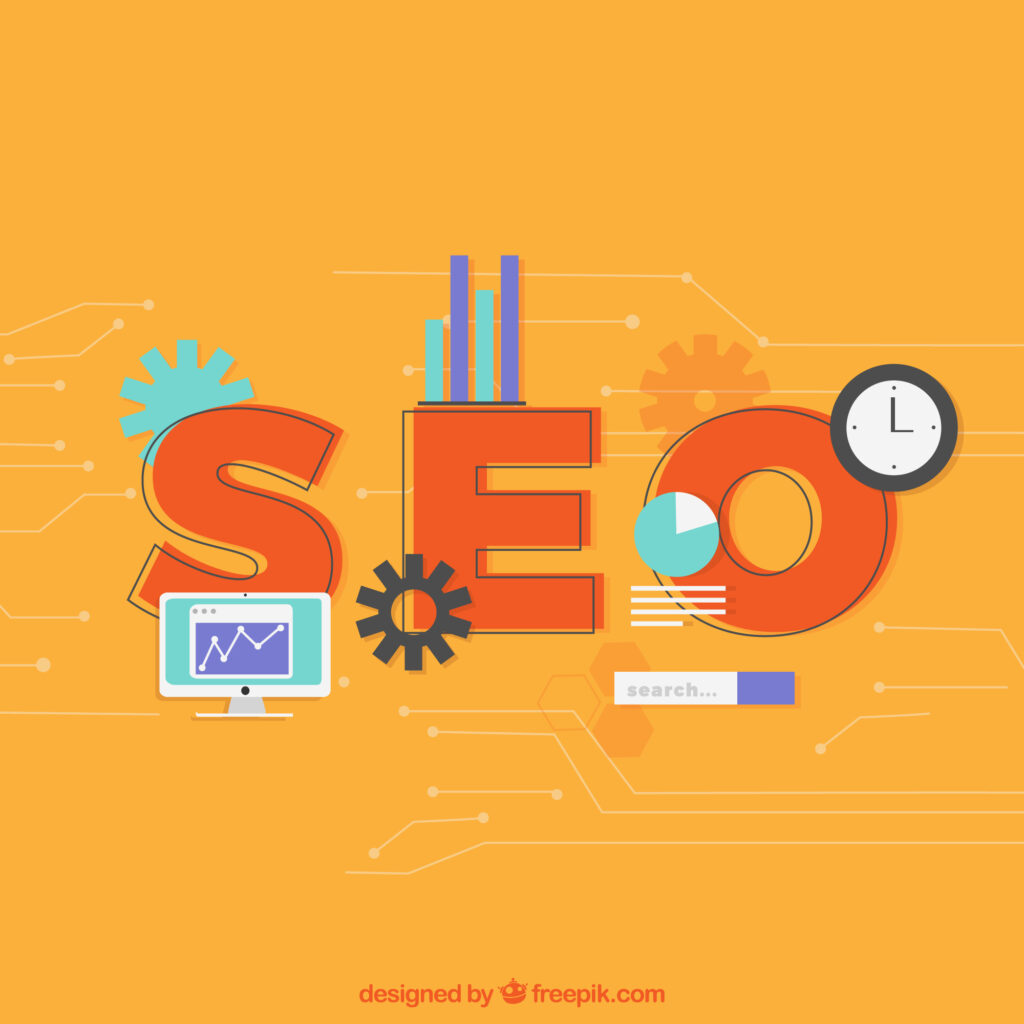With the speed at which technology advances, value-based bidding has become an important digital marketing strategy. Unlike the majority of bidding strategies, which focus on clicks or impressions, value-based bidding is focused on the value of the conversion. In other words, how does value-based bidding work? This guide will break down the mechanisms that make this technique work for promotion purposes, thus allowing you to utilize the strategy for the campaign optimally.
What is Value-Based Bidding?
Value-based bidding is a contemporary approach to online advertising primarily employed in pay-per-click (PPC) campaigns. Bids are not placed based on generic measurements such as clicks. Instead, they are tailored based on the expected monetary value of each conversion. In principle, it seeks to increase the Returns on Investment (ROI) by determining how much to bid for each conversion.
The Key Idea
As the name indicates, value-based bidding emphasizes the value of conversions rather than the volume. Advertisers can better plan their expenditures based on the expected revenue from various customer actions. Higher bids are guaranteed for the audiences or keywords most likely to produce profitable conversions.
How Does Value-Based Bidding Work?
To appreciate value-based bidding, it is integral to understand its accuracy level and describe it in great detail.
Setting Conversion Values
Value-based bidding starts with setting the value of each conversion. Past statistics must be studied to measure how much revenue one type of conversion stands to earn compared to the other. Understanding how does value-based bidding works involves determining the specific value associated with different types of conversions. For example, signing up for one’s newsletter could earn a different value than purchasing a certain product. By establishing a dollar value for conversions, it makes sense to adjust the bidding strategy toward the expected returns in each type of conversion.
Implementing Automated Bidding
Once the value of conversions is clear, automated bidding systems take ultimate control. These systems automate the process of changing bids according to changing times, how likely a certain conversion sequence is to happen, and its value. For example, the Google Ads program provides Smart Bidding, which applies machine learning to help optimize the bids to get the best possible conversion outcome if bids are accepted.
Continuous Monitoring and Adjustment
Putting automated systems to do all the hard work is only part of the game. Active and constant monitoring of performance should be the order of the day. An advertiser must periodically look at how well a certain campaign is performing and change the values or what is behind the campaign to perform better next time. This enables the continued optimization of the overall bidding strategy so that it actualizes the goals set by the business whenever appropriate amendments are made to the nature of the market.
Benefits of Value-Based Bidding
The concept of value-based bidding has several advantages that can help improve the campaign’s performance.
Improved ROI Through Targeting High-Value Conversion
With this focus on targeting high-value conversion, it is reasonable for businesses to get maximum returns on the investment. Instead of wasting budget equally across every click or impression, budgets are spent on the activities that will make the most profit.
Enhanced Targeting
Value-based bidding enables more refined targeting. From those keywords and target audiences, advertisers can optimize their campaigns to the best-performing segment, as they know which ones provide the most value.
Greater Efficiency
Thanks to automated systems that adjust bids, advertisers don’t need to invest much time or resources. This efficiency allows marketing teams to focus on strategic and creative elements while the system manages all the bidding details.
Implementing Value-Based Bidding: Steps to Follow.
For starters, implementing the value-based bidding process will require some reading from the experts for those who have yet to use this strategy. Now, here is the most complex process in simpler words for you.
Step 1: How do you define conversion values?
First, determine the different types of conversions you want the campaigns to achieve. Based on your past analytics data and anticipated revenue, calculate the types of conversions in dollar figures. This step is one of the most important, as it will set the groundwork for the rest of your bidding policies.
Step 2: How do you set up conversion tracking?
Make sure that you have sufficient conversion tracking tools in place. This will aid in the effective analysis of returns for each type of conversion achieved and provide analytics data needed for algorithm optimization.
Step 3: Pick the Right Tools
Pick a PPC system that uses value-based bidding. Google Ads has its Smart Bidding and is popular for a good reason; however, other platforms, such as Facebook Ads, also provide similar features.
Step 4: Use Automated Bidding
Make sure to activate the automated bidding strategies of your selected platform. Insert the conversion values, and the automatic schemes adjust the bids depending on the current data.
Step 5: Observe and Refine
Follow campaign results more carefully and look for changes. If there are changes, consider revising conversion values or tactics. This continuous process ensures that your campaigns’ performance is still effective and achieves the desired business goals.
Problems and Issues
While value-based bidding has its benefits, owning costs is also a challenge. Advertisers must be aware of how to avoid some potential problems.
Efficient Data Acquisition
Adopting a value-based bidding strategy is only as good as the data that informs it. Poor conversion tracking or incorrectly assigned values may result in inefficient bidding strategies. Maintaining the integrity of the data is critical.
Market Shifts
The market can be highly volatile. Therefore, advertisers must be quick and flexible, adapting as the market evolves, consumers change their behaviors, or the competition evolves.
Resource Allocation
As much work as automated systems do, it’s worth noting that the initial configuration and constant updating take effort. Companies should note that they have the appropriate skills and toolbox to manage their campaigns in value-based bidding systems.
Conclusion
Value-based bidding is the next step in the evolution of advertising systems. Instead of wasting time trying to gain as many conversions as possible, businesses can concentrate on converting valuable customers, reducing ad expenditure, increasing ROI, and advancing the overall campaign’s performance. Understanding how does value-based bidding works is crucial for maximizing its benefits. Even with the understanding of value-based bidding, all marketing experts should strive to master its implementation in real life to lead the competitive struggle in agile digital marketing channels.
Whether you are an experienced marketer or a novice to PPC, entering value-based bidding should redefine your advertising strategies, making them more relevant to business objectives and more effective.
Wildnet Technologies is one of India’s leading digital marketing companies that offers AI-infused PPC services. Our PPC services have helped 4,100+ clients generate a ROAS, or Return on Ad Spend, of 4X on a Media spend of more than USD 43 million.
Read More
- Why Is Conversion Tracking Critical For Google App Campaigns?
- What Are Two Ways Google Ads Can Fuel Your Business Goals?
- In What Way Can The Power Of Google’s AI Be Beneficial To Advertisers?
- How Many Responsive Search Ads Can You Have In Google Ads?
- How can google ads use audiences from google analytics when the two are linked?
- How every Google Ads bid strategy helps in driving the campaign to success
- Which of the following is a core benefit of Google ads automated bidding?
Faq
Ques1. How Does Value-Based Bidding Work?
Value-based bidding is used in Google Ads, whereby the strategy opts to enhance the revenue gotten from every conversion on the ad instead of the lowest CPC or CPA, as is the case with conventional systems. Such a system relies on machine learning to dynamically adjust bidding based on the expected values for each conversion.
Ques2. What is the advantage of implementing value-based bidding?
Value-based bidding allows businesses to achieve high-value conversions, which means more clicks or conversions and more profitable ones. It also allows automated bidding in that it takes into account several factors, such as user behavior, user location, and device used, to facilitate optimal bidding of the most beneficial actions.
Ques3. Can I use different custom values for different conversions?
Absolutely! It is possible to define different values for different types of conversions in one’s Google Ads account. Of course, you will likely value a completed sale more than a signed-up email for a newsletter so you may estimate your conversion rates this way. This ensures that Google Ads will bid optimally for the cost of the conversion in relation to how beneficial it is to the business.
Ques4. For all types of businesses, would Value-Based Bidding be applicable?
Value-based bidding is especially attractive to e-commerce and businesses with a definite value attached to their conversions, such as purchases and high-value leads. However, it will not work well with companies that do not have robust conversion values or enough conversion data since it is highly data-dependent.







